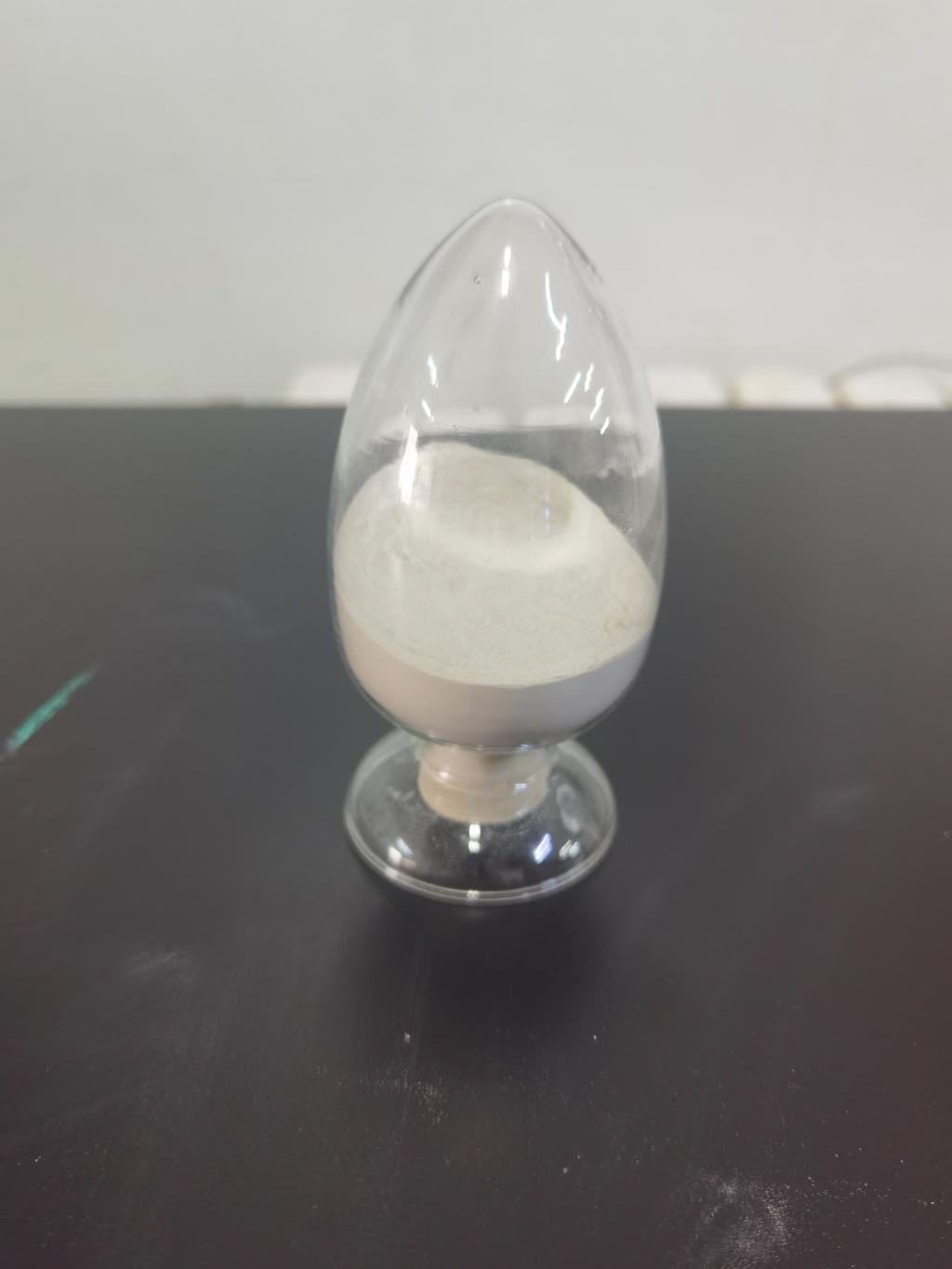Tel:+8618231198596

News
 CONTACT
CONTACT
 CONTACT
CONTACT
- Linkman:Linda Yao
- Tel: +8618231198596
- Email:linda.yao@dcpharma.cn
- Linkman:CHARLES.WANG
- Department:Overseas
- Tel: 0086 0311-85537378 0086 0311-85539701
News
Nisin Contribution to Mitigating Challenges in Global Food Trade
TIME:2024-03-12
Introduction:
Global food trade is a critical component of the modern food supply chain, connecting regions with diverse agricultural outputs and meeting the demand for a variety of products worldwide. However, this interconnectedness comes with its own set of challenges, ranging from food safety concerns to logistical issues associated with transportation and storage. Nisin, a naturally occurring antimicrobial peptide, offers a multifaceted solution to some of these challenges, making it a promising player in improving the overall efficiency and sustainability of global food trade.
Food Safety and Nisin:
One of the primary challenges in global food trade is ensuring the safety of products as they traverse international borders. The risk of foodborne pathogens poses a significant threat to public health and can lead to trade disruptions. Nisin's antimicrobial properties make it a valuable tool in combating pathogenic bacteria in various food products. By incorporating nisin into processing and preservation methods, the risk of contamination during transportation and storage can be significantly reduced, enhancing the safety of globally traded food items.
Spoilage Prevention and Extended Shelf Life:
The perishability of certain food products is a major concern in global food trade, leading to significant economic losses and food waste. Nisin's ability to inhibit the growth of spoilage microorganisms, such as bacteria and fungi, contributes to extending the shelf life of perishable goods. This not only reduces waste but also enhances the efficiency of the supply chain by minimizing the frequency of restocking and the need for rapid transportation.
Environmental Impact and Sustainable Preservation:
The environmental footprint of global food trade is substantial, with long-distance transportation contributing to greenhouse gas emissions and other ecological concerns. Nisin's role in sustainable preservation aligns with the broader goals of reducing the environmental impact of the food industry. By utilizing natural antimicrobial peptides like nisin, there is potential to decrease the reliance on synthetic preservatives and extend the shelf life of products, thereby reducing the frequency of transportation and its associated environmental costs.
Nisin in Packaging Innovations:
In addition to direct applications in food products, nisin has shown promise in packaging innovations. Active packaging, infused with nisin, can further enhance the preservation of perishable goods during transit. This approach not only addresses the challenge of spoilage but also reduces the need for excessive packaging materials, contributing to a more sustainable and eco-friendly solution within the global food trade.
Regulatory Considerations and Global Adoption:
While the potential benefits of integrating nisin into global food trade are substantial, regulatory considerations play a crucial role in its widespread adoption. Harmonizing regulations across different countries and ensuring that nisin is recognized as a safe and effective preservative on an international scale is essential for its successful implementation. Collaborative efforts between governments, regulatory bodies, and the food industry are necessary to establish a framework that facilitates the use of nisin in global food trade.
Challenges and Future Directions:
Despite its promising potential, challenges such as consumer acceptance, cost-effectiveness, and scalability of production need to be addressed for the widespread adoption of nisin in global food trade. Continued research and development efforts, along with industry collaboration, are necessary to overcome these challenges and unlock the full benefits of incorporating nisin into the global food supply chain.
Conclusion:
Nisin's contribution to mitigating challenges in global food trade represents a step towards a safer, more efficient, and sustainable food supply chain. From addressing food safety concerns to extending the shelf life of perishable goods and reducing the environmental impact of transportation, nisin offers a versatile and holistic solution. As the world grapples with the complexities of ensuring food security in a globalized market, the integration of natural preservatives like nisin provides a promising avenue for creating a resilient and sustainable future for global food trade.
- Tel:+8618231198596
- Whatsapp:18231198596
- Chat With Skype







